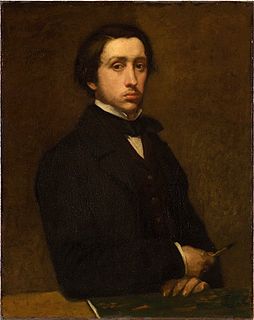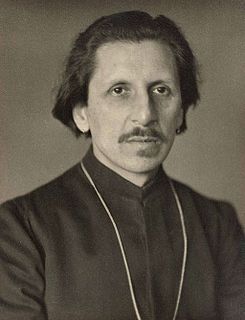A Quote by Samuel Taylor Coleridge
There is one art of which people should be masters - the art of reflection.
Related Quotes
My definition of art has always been the same. It is about freedom of expression, a new way of communication. It is never about exhibiting in museums or about hanging it on the wall. Art should live in the heart of the people. Ordinary people should have the same ability to understand art as anybody else. I don’t think art is elite or mysterious. I don’t think anybody can separate art from politics. The intention to separate art from politics is itself a very political intention.
What strikes me is the fact that in our society, art has become something which is related only to objects and not to individuals, or to life. That art is something which is specialized or which is done by experts who are artists. But couldn't everyone's life become a work of art? Why should the lamp or the house be an art object, but not our life?
Art is not ideology. It is completely impossible to explain art on the basis of the homological relation that it is supposed to maintain with the real of history. The aesthetic process decentres the specular relation with which ideology perpetuates its closed infinity. The aesthetic effect is certainly imaginary; but this imaginary is not the reflection of the real, since it is the real of this reflection.
I think you too recognize the important relationship between philosophy and art, and it is just this relationship that most painters deny. The great masters do grasp it, unconsciously; but I believe that a painter's conscious spiritual knowledge will have a much greater influence upon his art, and that it would be due only to a weakness in him, or lack of genius, should this spiritual knowledge be harmful to his art.
What makes art Christian art? Is it simply Christian artists painting biblical subjects like Jeremiah? Or, by attaching a halo, does that suddenly make something Christian art? Must the artist’s subject be religious to be Christian? I don’t think so. There is a certain sense in which art is its own justification. If art is good art, if it is true art, if it is beautiful art, then it is bearing witness to the Author of the good, the true, and the beautiful





































